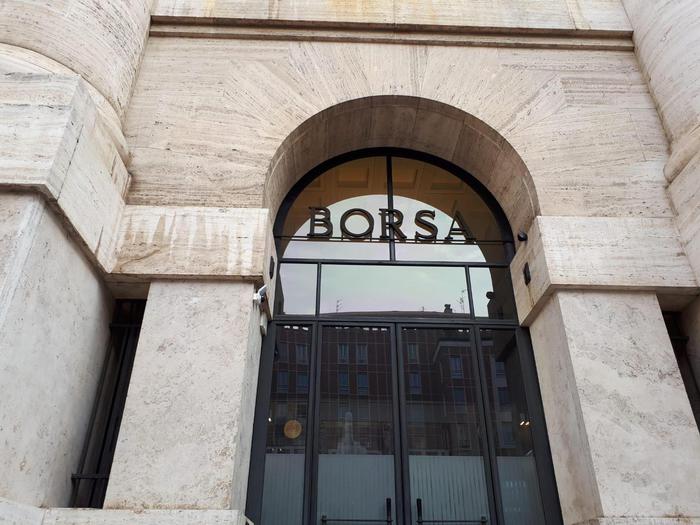The civil war between the government of Papua New Guinea and the independence fighters of the Bougainville Archipelago in Melanesia lasted ten years. 20,000 people were killed in the fighting until a peace agreement was signed in 1998. It promised more autonomy to the people of Bougainville and promised an independence referendum. Until Saturday, the referendum is actually taking place.
SPIEGEL: What is the Melanesian way?
Ahern: People in the region are trying to resolve conflicts through negotiation. That's their tradition. In Bougainville and Papua New Guinea, every man is a member of a clan. The first point of contact is your own clan, if there is a conflict. He tries to find a solution. Sometimes it comes to violence, but the normal way is, someone pays something to the other, or there is a negotiation.
SPIEGEL: What can we learn from the referendum in Bougainville in Europe?
Ahern: The most important lesson is that conflicts can be resolved. If people are treated fairly and you consider local traditions. My greatest success this year was not to organize the referendum. More importantly, I got the Prime Minister of Papua New Guinea to speak in the Autonomous Bougainville Government's (ABG) Parliament, and conversely, ABG's President spoke in front of Parliament in Papua New Guinea. These people just did not exchange before, so we got them to talk and have a top-level dialogue. That really improved the mood.
DPA
John Momis (l.), President of the Bougainville Autonomous Region shakes hands with the deputy William Nakin
SPIEGEL: Could the same principle be applied elsewhere?
Ahern: Whatever I say, when I talk about my experience with Northern Ireland, every situation is unique. Every conflict has its own origin, its own history. But there are general rules. Bringing people to talk to each other, creating a space where dialogue can take place, where everything comes to the table, such as the effects of violence and law or imprisonment. Peace processes must always move forward because they fail if they take them too long. That's what happened in Northern Ireland. It must go ahead for trust to grow. Otherwise a vacuum will be created. And where there is a vacuum, there is violence quickly. SPIEGEL: When is independence the right solution?
Ahern: No matter what the final solution looks like, there must be a negotiation. Independence must be sustainable and sustainable. Can the new state finance itself? Or can the autonomy be improved? We should not automatically assume that a referendum will inevitably lead to independence. There is a concern in Papua New Guinea that the country will break up when part of it splits off. We need to find a solution that is acceptable to all.
SPIEGEL: There are 193 member states of the United Nations. Even more have observer status. Why does it need another state?
Ahern: Working together in international organizations is a much better way to resolve conflicts. I would not aspire to additional states.




/cloudfront-eu-central-1.images.arcpublishing.com/prisa/IM6BFTNNBNHZJJ3FJHT2H2EF5Y.jpg)
/cloudfront-eu-central-1.images.arcpublishing.com/prisa/UPSW4HYF3VCIPAWSQLV7SBDU5Q.JPG)

/cloudfront-eu-central-1.images.arcpublishing.com/prisa/K3P4376UVR26FWBFTPAU4UMSUI.jpg)

